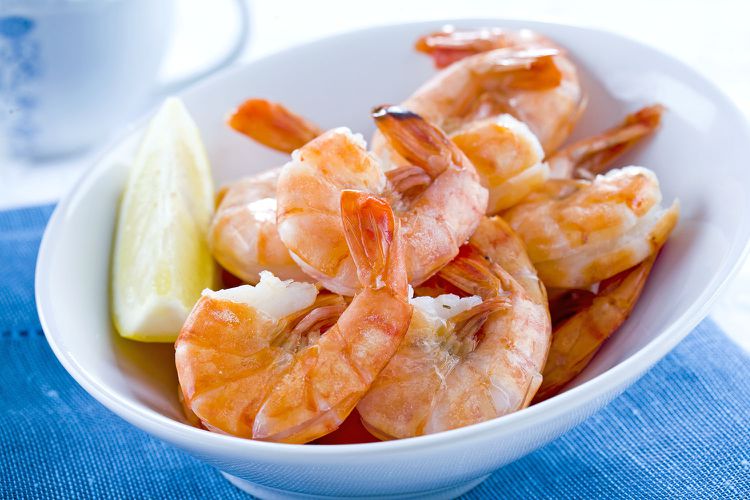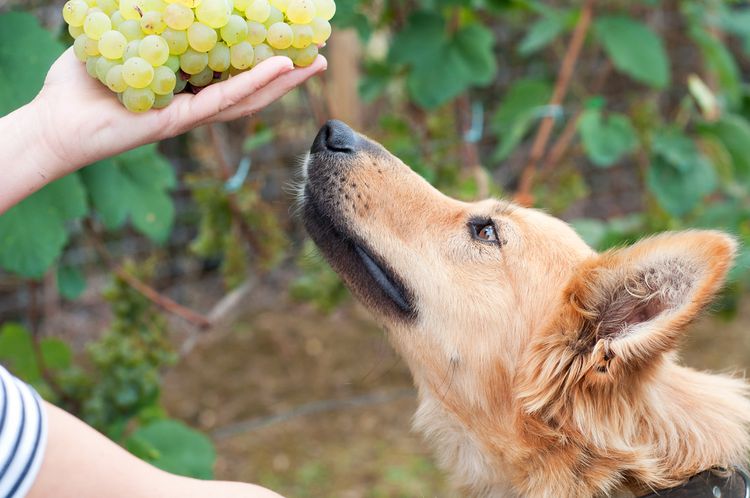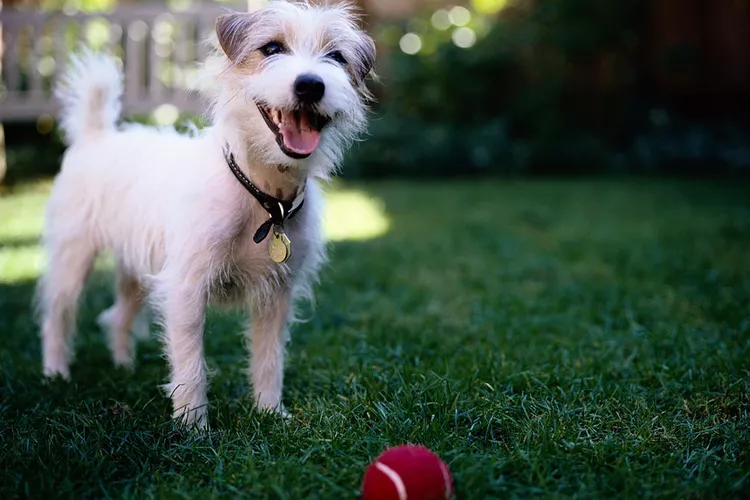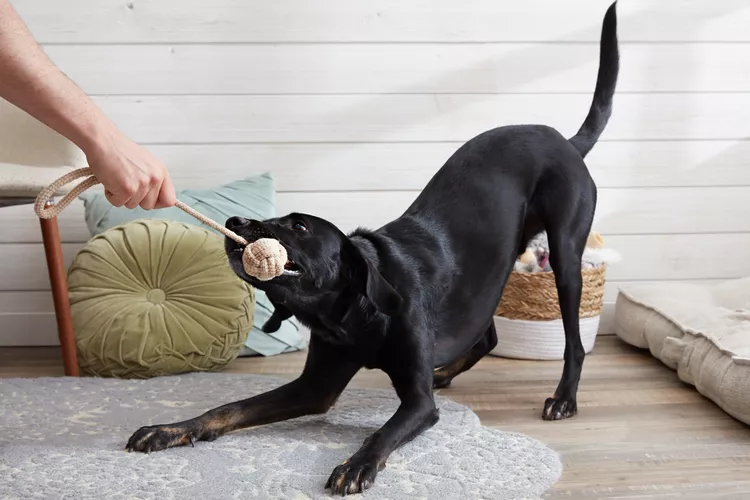
Found in smoothies, salads, and various health foods, kale is considered a superfood for humans, with benefits ranging from improving vision to even warding off cancer and other diseases. So it's no surprise that many pet owners wonder if it's safe to share some of these disease-fighting benefits with their favorite four-legged friend.
The problem with kale for dogs is that even though the health benefits for humans may be seemingly endless, the benefits for canines haven't been thoroughly investigated. The other issue is that kale contains certain natural compounds, including calcium oxalate and isothiocyanates, that can be harmful for dogs.
Calcium oxalate can lead to health issues including kidney and bladder stones. Dogs that are already prone to these issues should avoid kale and other foods that contain calcium oxalate, which include spinach, beet greens and roots of beets, collards, parsley, leeks, quinoa, okra, and Swiss chard. Although kidney and bladder stones are usually treatable, veterinary experts warn that it simply might not be worth the risk.
Found in both kale and broccoli, as well as a few other leafy greens, isothiocyanates are another natural compound associated with potential health risks for dogs. Interestingly enough, that same compound is believed to be something of a cancer fighter in humans. Isothiocyanates can cause gastric irritation in some dogs, ranging from mild to severe, and even be potentially fatal in large amounts.
Because both broccoli and kale contain similar levels of this compound, they are both only considered safe for dogs if the total amount ingested is less than 10 percent of their daily intake. If your dog consumed over 25 percent of their intake, that's when the kale may become potentially toxic. Keep in mind that 25 percent might not be all that much for a larger breed, but if you have a Shih Tzu or other small or toy breed at home, just a few kale stalks can be dangerous.
One other potential concern with kale is that it can negatively impact your dog's thyroid function if offered on a regular basis. Dogs who already have hypothyroidism can also suffer from medication interactions if they consume large amounts of kale on a regular basis.
As a result, occasionally offering your pooch small amounts of kale likely won't cause any damage, but some veterinarians may caution against using kale as a treat or regular component of a homemade diet, particularly if your pet already has certain underlying medical issues.
While the jury still seems to be out on exactly how much kale (and other similar veggies) can benefit our pets, we do know that kale is jam-packed with numerous vitamins and minerals, while being rich in fiber and low in calories. It's an excellent source of vitamins including A, K, and C, as well as nutrients such as iron, calcium, magnesium, copper, and potassium. Rich in beta-carotene, kale is often touted as having potential cancer-fighting properties as well as helping to boost vision and overall eye health.
Will your dog reap some of these benefits if you occasionally offer him kale? The answer is most likely yes. But because there are some potential risks associated with kale, pet owners should discuss whether the potential risks outweigh the benefits with their dog's veterinarian.
If you do opt to feed kale to your dog, be sure that it's thoroughly washed to remove any residual pesticides. It can be cooked or steamed without adding any seasonings, some of which can be harmful for dogs, and cut into bite-sized pieces to reduce the risk or choking and make the greens easier for your pooch to digest. Some pet owners even puree the kale before adding it to their dog's regular food for an extra nutrient boost.
While a small amount of kale is probably harmless, not all dogs will react the same way. And, of course, your dog's size will play a significant role in the kind of reaction he or she may have to a human food like kale.
Every dog is unique, and what irritates some dogs is safe to feed others. As always, be sure to check in with your veterinarian before offering kale, and monitor your dog closely after offering a small amount the first time to ensure that their digestive system can tolerate it.
If your dog manages to steal a significant amount of kale from your plate, the first thing to do is monitor him or her closely for any signs of intestinal upset, including vomiting or diarrhea, as well as potential signs of kidney or bladder stones, which may include difficulty urinating or other changes in their typical urination habits. If these symptoms are detected, you will need to alert your veterinarian immediately.

212 Hairless Cat Names For Your Beautifully Bald Feline
Discover the perfect name for your hairless cat with our list of over 200 creative and unique names. From quirky to classic, find a fitting choice for your beautifully bald feline companion.
8 Things Your Cat Loves
Just like humans, cats can have a long list of things they like. Find out what cats love so you can keep your cat happy and healthy.
How to Tell If a Kitten is a Boy or a Girl
If you're wondering whether your new kitten is a boy or a girl, here are three ways to help determine the sex of your cat.
8 Tips to Help Cats Enjoy Car Travel
Cats are creatures of habit, and they hate to travel. Learn tips to prepare them for travel in the car, whether going to the vet or on vacation.
Common Causes of Mucus in Dog Poop
Seeing mucus in your dog's poop can be concerning to a dog owner. Here are common causes and treatment of mucus in a dog's stool.
Is Shrimp Bad For Dogs?
Shrimp can be a healthy, nutritional food for people but can dogs eat them, too? What are the main concerns with feeding shrimp to your dog?
Can Dogs Eat Grapes?
Are grapes safe for dogs? Grapes and raisins can cause serious toxicity in dogs. Find out what to do if your dog eats grapes.
Maine Coon Cat: Breed Profile, Characteristics & Care
The Maine Coon cat is of the largest cat breeds in the world. These amiable, gentle cats make great companions. Learn about the Maine Coon cat breed's appearance, temperament, health, and care needs.
Selkirk Rex: Cat Breed Profile, Characteristics & Care
The Selkirk Rex is a charming cat with a tousled coat and a loving, laid-back personality. Learn about the Selkirk Rex breed.
How to Stop Your Cat From Chewing Electrical Cords
Cats are known to pounce and attack inanimate objects, like electrical cords. Learn how to prevent your cat from ambushing objects that may harm it.
What Do Cats Think About?
Have you ever wondered what cats think about? A number of studies have explored cat behavior and feline cognition, but there's still more to learn.
Training Your Kitten to Use the Litter Box
Bringing home a new kitten means they need to learn how to properly use a litter box. Discover how to successfully litter box train your kitten.
Why Do Cats Knead?
Kneading is a common behavior in cats of all ages. Learn why cats "make biscuits" and what it means for you, your cat, and all your blankets.
Dandie Dinmont Terrier: Dog Breed Characteristics & Care
Learn about the Dandie Dinmont Terrier, a silky dog breed with a signature puff of hair atop its head and a friendly, companionable personality.
Tibetan Mastiff: Dog Breed Characteristics & Care
Learn about the Tibetan mastiff, an ancient guardian dog breed. This breed is known for their massive stature, flowing mane, and protective personality.
4 Reasons Why Your Dog Licks Their Butt
Butt-licking in dogs can be a part of normal grooming, but excessive butt-licking is not normal. Read about the most common reasons for this behavior.
How to Teach Your Dog the "Leave It" Command
Training your dog the "leave it" command is a great way to instill self-control. Learn how to teach your dog to not pick things up from the ground.
How to Solve Your Dog's Fear of Car Rides
Is your dog scared of car rides? This fear of riding in cars is common. Learn why your dog is scared of car rides and how to help conquer this fear.
Can Dogs Get Depression? How to Help Your Sad Dog
Can dogs get depression? Learn about the signs of depression in dogs and find out how to help your sad dog.
How to Play Tug of War With Your Dog
Many dogs love to play tug of war, and it's a healthy game that provides great exercise. Learn the best way to safely play tug of war with your dog.